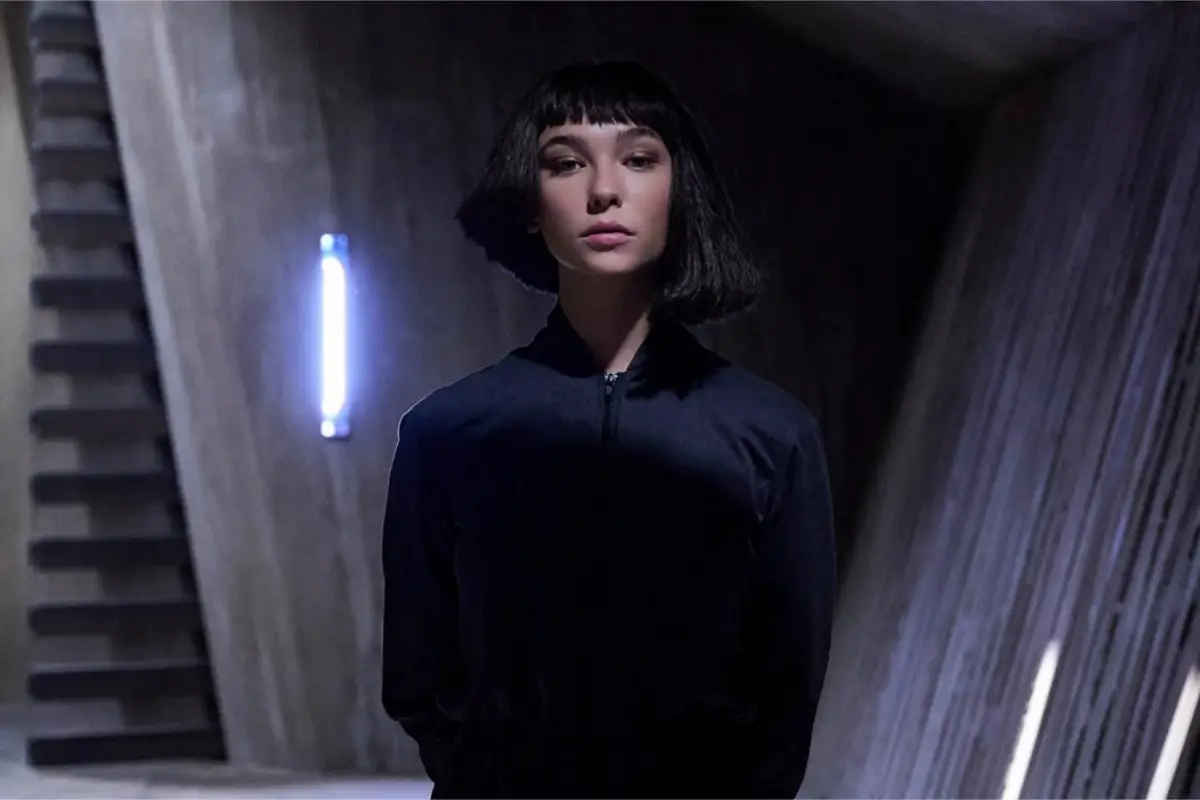Citadel: Diana is the latest installment in the growing Citadel universe, an ambitious global espionage project led by Prime Video. Set against a backdrop of high-stakes espionage, the show introduces a complex heroine, Diana Cavaleri, whose quest for revenge and personal redemption takes center stage. While the series brings strong performances and engaging action sequences, it struggles with certain narrative flaws that hold it back from realizing its full potential. Let’s dive into the elements that make this show intriguing and where it falters.
A Complex Heroine in a Familiar Spy World
The show is set in Milan in the year 2030, and its protagonist, Diana Cavaleri (played by the talented Matilda De Angelis), is a former Citadel agent with a deeply personal mission. After losing her parents to the ruthless organization Manticore, Diana is on a path of vengeance, determined to bring the powerful enemy to justice. The catch? Diana is the last surviving Citadel agent, which forces her to wrestle with the weight of her responsibilities, her unresolved grief, and the moral dilemmas that come with her role as both a spy and a regular person.
The character of Diana stands out not just because she’s a skilled agent, but because she’s deeply flawed and relatable. Her struggles with a chronic illness and the duality of her life—one as a high-stakes operative and the other as a woman dealing with personal trauma—create layers of complexity. She’s not the typical invincible spy; her reckless decisions and emotional turmoil make her a character viewers can empathize with, even when her choices lead her into dangerous situations.
Diana’s relationship with Edo Zani (Lorenzo Cervasio), a Manticore operative, adds another layer of tension. Their connection is complicated by betrayal, loyalty, and the blurred lines between personal vendetta and professional duty. However, the show doesn’t delve deep enough into this relationship, leaving it feeling somewhat underdeveloped. Despite this, Matilda De Angelis delivers a captivating performance, making Diana one of the more compelling characters in the Citadel franchise.
Visual Flair and High-Octane Action
From a visual standpoint, Citadel: Diana is a treat. The scenic landscapes of Italy and the sleek, modern settings of Milan serve as a beautiful backdrop for the unfolding drama. The show’s stylish camera work, although flashy at times, enhances the high-energy atmosphere typical of spy thrillers. The action sequences are undoubtedly one of the show’s biggest strengths, with slick choreography and dynamic direction that keeps viewers on the edge of their seats.
However, while the visuals and action are impressive, they occasionally detract from the storytelling. The camera work can feel excessive, pulling focus away from the emotional weight of certain scenes. This emphasis on style over substance is a recurring issue throughout the show. Despite these missteps, the action scenes remain the high point, showcasing what Citadel: Diana could achieve if it balanced its visual elements with deeper character development and narrative complexity.
The Espionage Formula: Too Reliant on Tropes?
One of the biggest challenges Citadel: Diana faces is its reliance on familiar spy tropes. Secret agencies, cutting-edge gadgets, and high-speed chases through glamorous cities are staples of the genre, and while these elements can be fun, they don’t necessarily make the show stand out from the crowd. The first episode, Split in Two, sets the stage for a fast-paced thriller, but it doesn’t break new ground. The world of espionage that Alessandro Fabbri, the show’s writer, builds feels both familiar and predictable to anyone well-versed in spy fiction.
The use of classic spy scenarios—like covert meetings, office politics, and double agents—gives the show a sense of authenticity within the genre, but it also feels formulaic at times. Viewers looking for something truly innovative may find themselves disappointed. While Citadel: Diana provides entertainment and some interesting plot points, it struggles to push the boundaries of what’s already been done in spy dramas.
Pacing and Depth: Where It Falls Short
The show’s limited six-episode structure contributes to its pacing problems. There isn’t enough time to explore the characters in depth or allow the plot to unfold with the necessary complexity. As a result, certain storylines feel rushed or incomplete, and character development is often sacrificed for the sake of moving the plot forward. This lack of narrative depth makes it difficult for viewers to form strong emotional connections to the characters or become fully invested in their personal journeys.
The relationship between Diana and Edo, for example, is ripe with potential but remains underexplored. There are hints of emotional complexity, but the show never quite capitalizes on it, leaving viewers with more questions than answers. The same can be said for the broader geopolitical stakes that the show hints at but never fully unpacks. For a show that aspires to be part of a larger, interconnected universe, Citadel: Diana doesn’t give itself enough room to breathe and build out its world.
Conclusion: A Promising but Imperfect Entry
Citadel: Diana is a compelling but flawed entry into the expanding Citadel universe. It shines in its action sequences, its visual flair, and its portrayal of a complex, imperfect heroine. Matilda De Angelis brings depth to Diana, making her a character worth following, even when the plot falls back on tired spy clichés. However, the show’s pacing issues, lack of narrative depth, and overreliance on familiar genre tropes prevent it from reaching its full potential.
While Citadel: Diana is entertaining in the moment, it lacks the staying power to leave a lasting impact. As the Citadel universe grows, there’s hope that future installments, such as the upcoming Citadel: Honey Bunny, will learn from these early missteps and deliver more originality, emotional depth, and a richer narrative experience.
In the end, Citadel: Diana offers a solid foundation but leaves room for improvement. For fans of the espionage genre, it’s worth a watch, but whether it becomes a defining entry in the Citadel saga remains to be seen.

